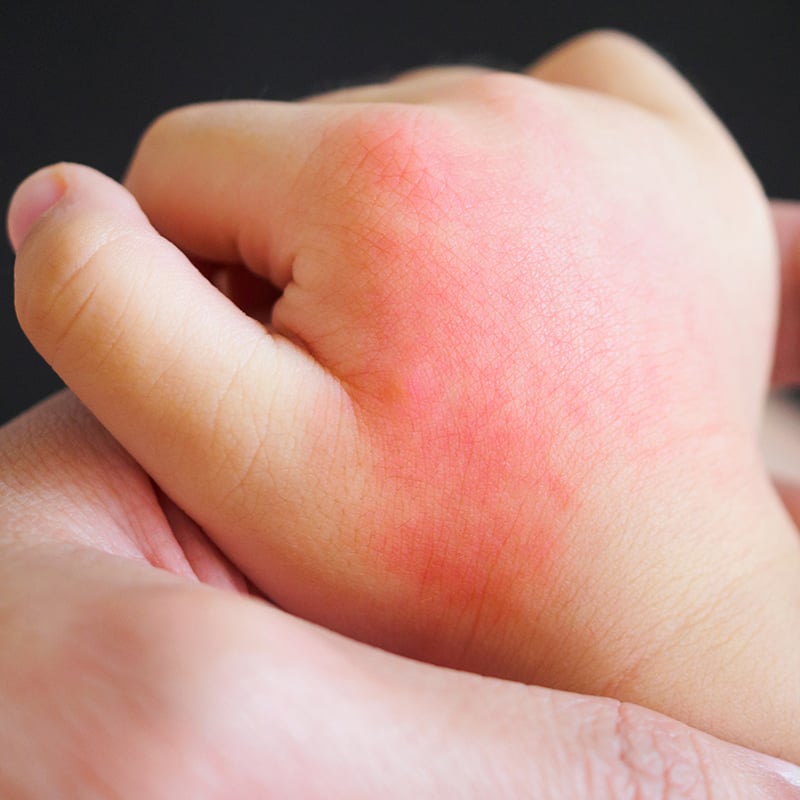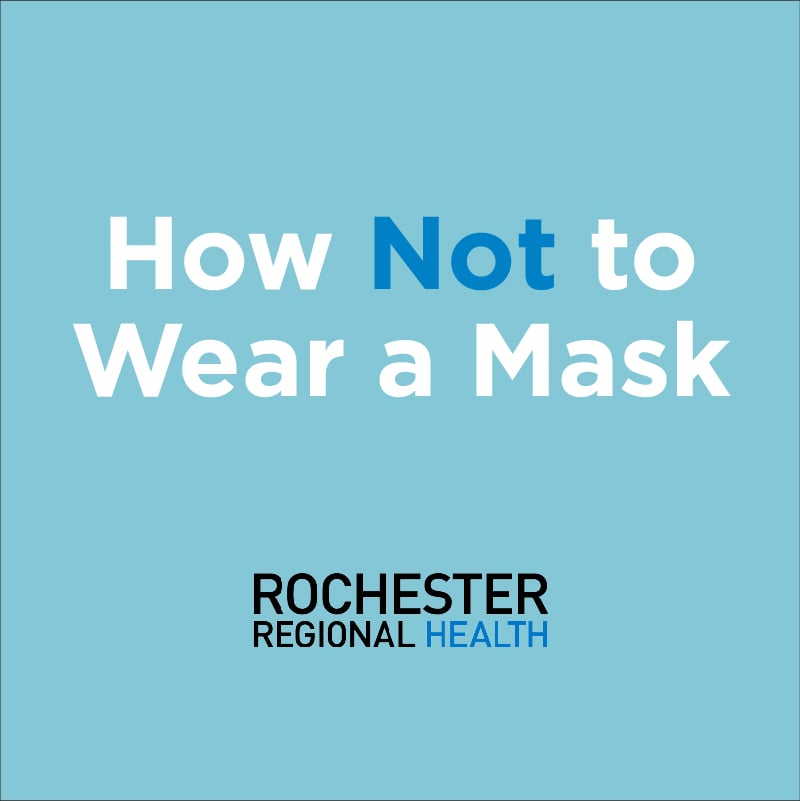Being able to spend time swimming – indoors or outside – is a great way to move your body. For some people, swimming leads to extra water getting trapped in the ear canal and – unfortunately – leading to ear infections.
Ear infections for people who spend a lot of time in water happens often enough that it has its own term: swimmer’s ear. Our ears, nose, and throat experts share advice on noticing the signs of swimmer’s ear, treating it, and avoiding the condition in the future.
Causes and symptoms of swimmer’s ear
Everyone’s ears have a protective layer of wax and skin that helps to keep the inner ear safe from debris and potential infection.
However, if someone has water that remains in the outer ear canal for a long period of time, that protection can wear down and increases the potential for infection.
“Swimmer’s ear is associated with swimming, but you can get it from the shower or sweat getting in your ear.,” said Mark Frey, MD, an otolaryngologist at the St. Lawrence Health Medical Campus in Canton.
The telltale signs of swimmer’s ear are:
- drainage from the ear
- itchy feeling inside the ear
- pain from tugging/pressing on outer ear
- redness/swelling inside the ear
Avoid putting anything inside of the ear to relieve the pain; using a cotton swab or other objects can cause more skin damage, which can lead to increased opportunities for bacteria to spread and grow.
Diagnosing and treating swimmer’s ear
Providers can diagnose swimmer’s ear by looking at a patient’s inner ear using a tool called an otoscope. This allows them to see inside the ear and recognize any signs of swelling or excess fluid that might be trapped.
Most patients are prescribed antibiotic ear drops to clear up any infection. As long as patients use the antibiotics as directed, the infection should resolve in 5-7 days. Acetaminophen or ibuprofen can be taken to help with any pain or discomfort.
“It’s best to stay out of the water if you still have an ear infection,” said Scott Allan, MD, a family medicine doctor at Rochester Regional Health Urgent Care in Greece. “Allowing the ear to dry out will help with the healing process and let you get back to normal quickly.”
Preventing swimmer’s ear
There are a few simple ways to help prevent swimmer’s ear, most of which are things to do after getting out of the water.
After swimming or showering, tilt your head back and forth to let the water drain out of each ear and pull your earlobes different directions to help with the draining process. Use a towel to dry out your ears, as well.
If you can still feel water inside your ears, use a hairdryer on its lowest heat setting to help dry out your ear canals.
While swimming, consider using a bathing cap or ear plugs to prevent any water from getting inside of your inner ear.











